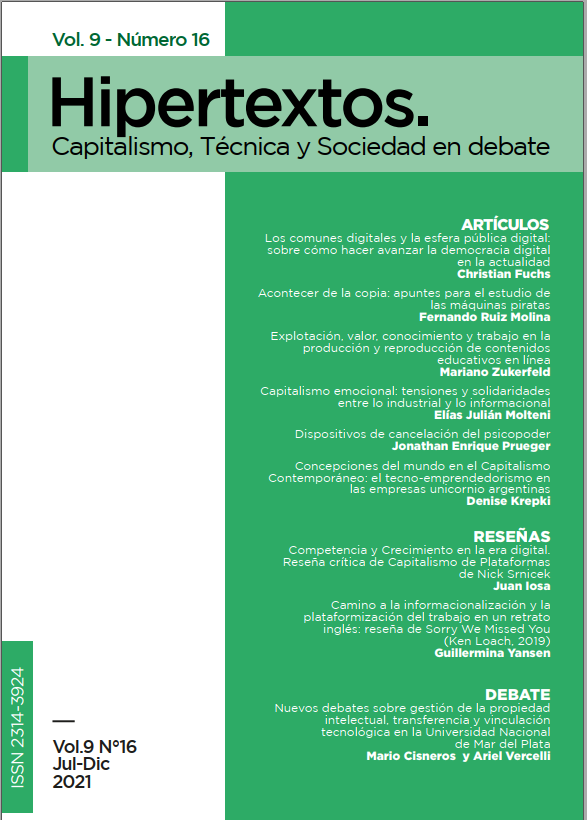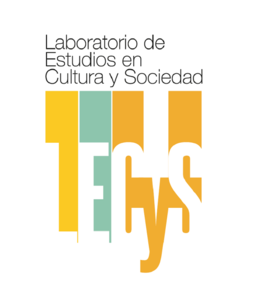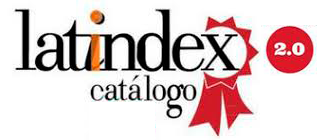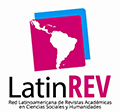Event of the copy: Notes for the study of pirate machines
DOI:
https://doi.org/10.24215/23143924e039Keywords:
piracy, pirataje, copy cultures, appropriation, global popular cultureAbstract
The present work is the product of an incursion into a part of the unfathomable world of piracy, with the purpose of conceptualizing its breaks, movements and operations, based on the observation of the transformations and distortions experienced in the degradation, adaptation, extraction, deterritorialization and reterritorialization of the semiotic components of the same object in the event of its copy, and its subsequent conceptualization. We postulate this process as pirataje. These pirataje, effects that in turn detonate other objects-copy (altering production) ad infinitum. This article derives from a doctoral research that aimed the study and decomposition of the fixing operations (deterritorialization and reterritorialization) pursued by the current regime, as well as the decomposition of the objects produced and copied, which are not necessarily in themselves illegal, a priori, but illegalized (through temporary political-commercial restrictions and speeches). In addition to the analysis of a body of pirate manifestos and other ethnographies, this article is an introductory work to the Studies on Piracy and Pirate Modernities, and offers a perspective that not only deconstructs and allows us to think about the phenomenon from its aesthetic potential, but in relation to the dynamics, movements and operations of a capitalism that has become semiotic, with valorization and revalorization dynamics, and much more intensified forms of exploitation. Piracy is the mirror of this stadium.
Downloads
References
Alba Vega, C., G. Lins Ribeiro, G. Mathew (2015). La globalización desde abajo. La otra economía Mundial. Fondo de Cultura Económica/ Colmex.
Baudrillard, J. (2000). El intercambio imposible. Cátedra.
Baudrillard, J. (1980). El intercambio simbólico y la muerte. Monte Ávila Editores.
Baudrillard, J. (2012). Cultura y simulacro. Kairós.
Boon, M. (2010). In praise of copy. Harvard University Press.
Bosker, B. (2013). Original copies. Architectural mimicry in contemporary China. Hong Kong University Press.
Borshke, M. (2017). This is not a Remix. Bloomsbury.
Cache, B. (1995). Earth moves. The furnishing of territories. MIT.
Culp, A. (2016). Dark Deleuze. MIT.
Deleuze, G. (1989). El pliegue. Paidós.
Deleuze, G. (2011). Lógica del sentido. Paidós.
Deleuze, G. (2009). Diferencia y repetición. Amorrortu.
Deleuze, G. y F. Guattari (1985). El antiedipo. Capitalismo y esquizofrenia. Paidós.
Fish, A. (2017). Technoliberalism and the end of participatory culture in the United States. Palgrave Mcmillan.
Foucault, M. (2010). ¿Qué es un autor?. El cuenco de plata.
Foucault, M. (2012). Lecciones sobre la voluntad de saber. FCE.
GNU (2018) ¿Qué es el copyright? Disponible: https://www.gnu.org/licenses/licenses.es.html
Hall, G. (2016). Pirate philosophy. MIT.
Hemmungs Wirtén, E. (2006). Out of sight and out of mind. On the cultural hegemony of intellectual property (critique). Cultural Studies Vol. 20, Nos 2-3 Marzo/Mayo 2006, 282-291. https://doi.org/10.1080/09502380500524145
Johns, N. (2015). The social logics of sharing, The comunication review, 16:3, 113-131. https://doi.org/10.1080/10714421.2013.807119
Karaganis, J. (2012). Piratería de medios en las economías emergentes. Columbia University. http://piracy.ssrc.org
Larkin, B. (2013). The politics and poetics of infraestructure. The Annual Review of Anthropology, 42, 27-43. https://doi.org/10.1146/annurev-anthro-092412-155522
Lessig, L. (2004). Free culture. How big media use technology and the law lock down culture and control creativity. Penguin Press.
Liang, L. (2009). Piracy, creativity and infraestructure: rethinking acess to culture. SSRN http://dx.doi.org/10.2139/ssrn.1436229
Lins Ribeiro, G. (2018). Otras globalizaciones. Gedisa/Universidad Autónoma Metropolitana.
Lobato, R. (2014). The paradoxes of piracy. En Lars Eckstein y Anja Schwarz (2014). Postcolonial Piracy. Media Distribution and Cultural Production in the Global South. Bloomsbury Publishing.
Johns, A. (2009). Piracy. The intelectual property wars from Gutenberg to Gates. University of Chicago.
Melot, M. (2010). Breve historia de la imagen. Siruela.
Neves, J. (2020). Underglobalization. Beijing’s media urbanism and the chimera of legitimacy. Duke.
Pang, L. (2006). Cultural control and globalization in Asia. Routledge Media.
Pang, L. (2012). Creativity and its discontents. China’s industries and intellectual property rights offenses. Duke University Press.
Peirce, Ch. S. (1988). El hombre, un signo. Editorial Crítica.
Peirce, Ch. S. (2012). Obra Filosófica Reunida.Vol.1, FCE.
Philip, K. (2012). ¿Tecnologías para pobres o pobres tecnologías? Poscolonialismo, desarrollo y tecnología en la India. Nómadas, 36, 91-108. http://www.scielo.org.co/scielo.php?script=sci_arttext&pid=S0121-75502012000100007
Philip, K. (2008). ¿Qué es la autoría tecnológica? La piratería y la propiedad intelectual. Nómadas, 28, 66-81. http://www.scielo.org.co/scielo.php?script=sci_arttext&pid=S0121-75502008000100007
Radnóti, S. (1999). The fake: Forgery and its place in art. Rowman & Littlefield.
Ruiz Molina, F. (2020). Shanzhai. Apuntes para entender la explosión de la mercadería global pirata. En Olivia Dominguez (Comp.). Imaginarios transculturales. Culturas Urbanas Juveniles de Asia Oriental y su influencia en México. Palabra de Clío. Disponible en: https://palabradeclio.com.mx/pdf/detalle/Imaginarios_transculturales
Schwartz, H. (1996). The culture of the copie. Zone Books. New York.
Stallman, R. (1997). El derecho a la lectura en contra el copyright. Conaculta.
Stallman, R. (2002). Free software, free society. Selected essays of Richard M. Stallman. www.gnu.press
Steyerl, Hito (2012). Los condenados de la pantalla. Caja Negra.
Spragens, Th., A. (1999). Civic liberalism. Reflections on our democratic ideals. Rowman & Littlefield.
Sundaram, R. (2010). Pirate modernity. Routledge.
Wu Ming (2002). Copyright y maremoto en “Contra el copyright” (2008). CONACULTA.
Wu Ming (2003). El Copyleft explicado a niños en “Contra el copyright” (2008). CONACULTA.
Yang, Fan (2016). Faked in China. Nation branding counter culture and globalization. Indiana University.
























